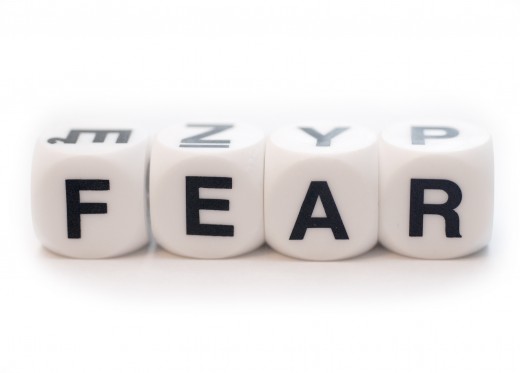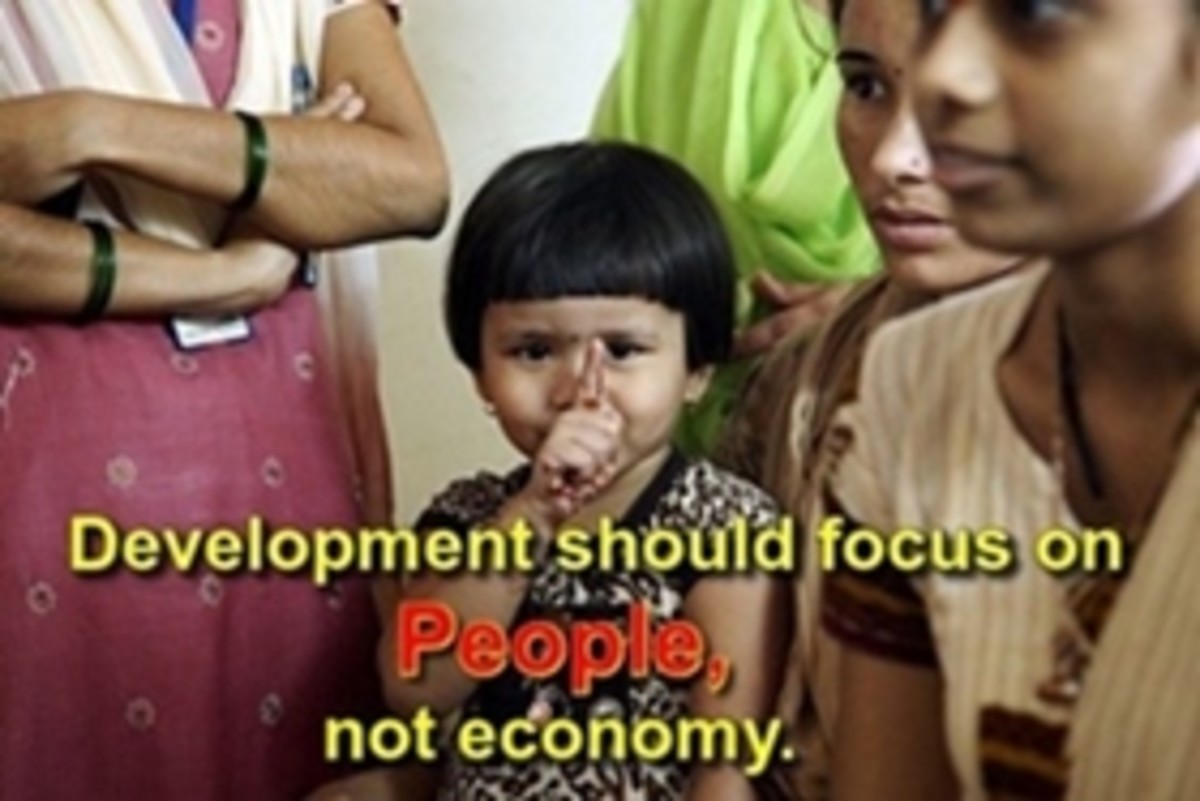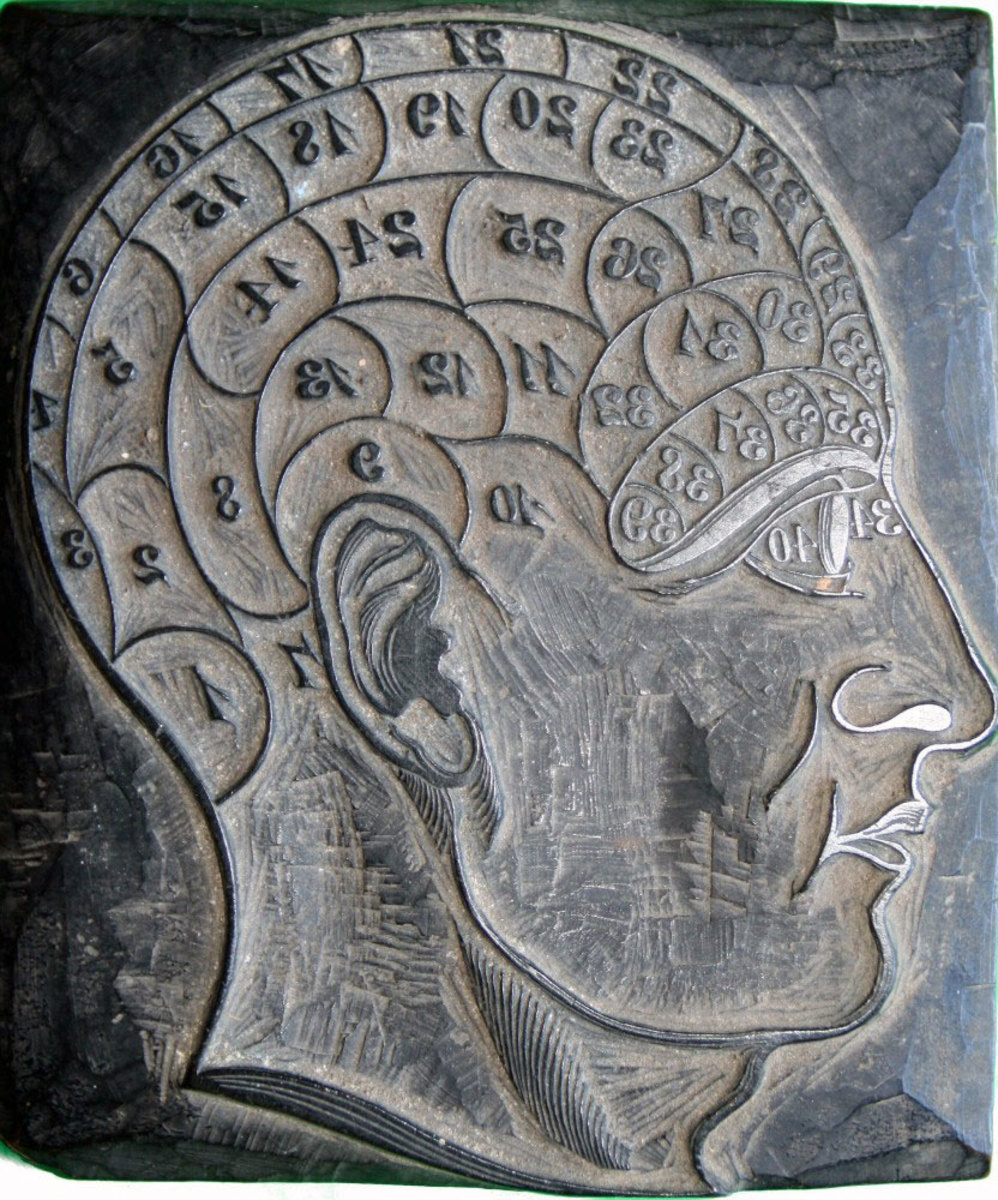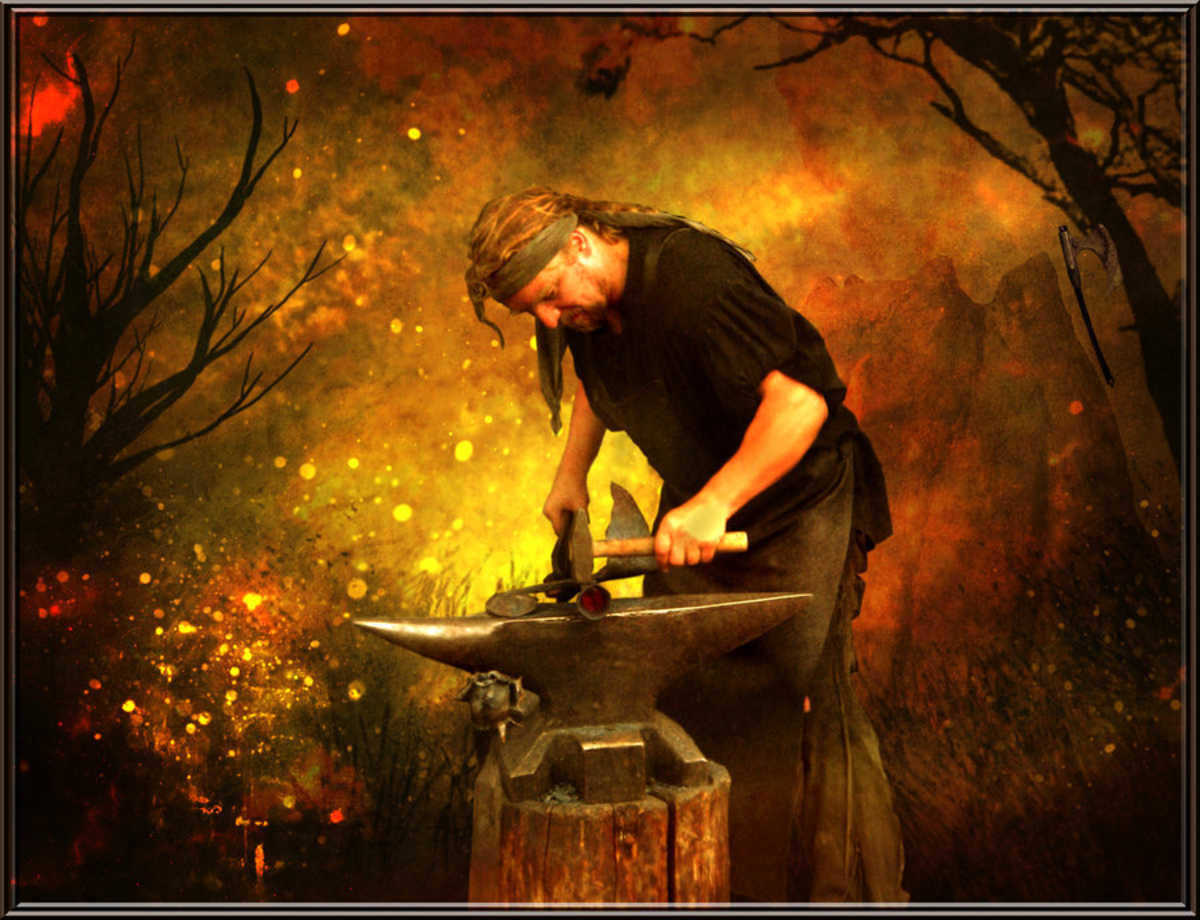Fear Psychology and Napoleon Hill’s Classification

Fear Psychology
Man’s journey on earth is one full of the unexpected things. These sterns partly from man’s inability to see into the future, a sense of loss, and life’s uncertainties, all these results in fear. Generally speaking, every human being possesses some degrees of fear or what is classically known as spectres.
The first time I encounter the true nature of fear was reading Bob Gass's 'Discovering Your Destiny'. Bob defines fear as ‘false evidence appearing real’. Bob's acrostic definition captures the word 'fear' entirely. It is 'false'. It is 'evidence'. It is 'appearing', and then, it finally became 'real'. Isn’t that what fear is? Are fears not 'false shreds of evidence' which put on 'real appearance' until they become 'real'?
Well, my friend, Nathan always says, “Everything I feared in my life eventually came to pass”. That’s the nature of fear. They are in-depth feelings capable of being transformed into reality because they're entertained and given room to grow.
The next life-transforming encounter with fear was in Napoleon Hill’s 'Law of Success'. Hill in this book organized and classified fear (false evidence appearing real) into six basic classes.
According to Hill, every person on earth has at least one of these fear, namely: fear of poverty, fear of criticism, fear of loss of the love of someone, fear of ill-health, fear of old age and the fear of death. Whatever one is afraid of or whatever one's fear puts him/her into one of the six classifications.
“Bran thought about it. 'Can a man still be brave if he's afraid?'
'That is the only time a man can be brave,' his father told him.”
— ― George R. R. Martin, The Game of ThronesFear of Poverty
Man’s need for independence, self-sustenance and economic freedom sets him up with the fear of poverty.
Historically, the man started out life hurting animals and gathering fruits. As demands increased, he learned how to cultivate crops and rear animals. He, however, did not stop there as he struggles to multiply his crop and animal yields through mechanized agriculture. He topped all these investing the money earned from sales of farm proceeds to increase income and multiply earnings to consolidate economic power.
Man’s drive for economic independence was prompted by two reasons. First, the need to supply his basic needs such as food, shelter, clothing and survival. Once he was able to achieve this, he then moved further to what I called the 2Ps—pleasure and power. This latter reason created a ‘man predating man’. Hill put it this way: “Man, with his superior sense of intuition, and his more powerful weapon of thought, does not eat his fellow man bodily; he gets more pleasure from eating him financially”.
The fear of poverty is the reason most us work so hard to have food on our table and a few dollars to jingle in our purse. A good number of us can’t face poverty. This category includes all forms of economic or social lack fears.
Fear of Loss of Love of Someone
Fear of loss of the love of someone is a social fear that has ruined many lives. It manifests directly as fear of rejection, break-up, separation of any form, divorce and falling out of favour with someone.
Hill again put it best: “This fear fills the asylums with the insanely jealous. It also fills the divorce courts and causes, suicides, murders and other forms of cruel punishment”. The fear of loss of the love of someone is so real that it’s found in every sphere of human endeavours—politics, religion, relationship, business, academics and all other social cycles. Also, it’s the reason most people are in the psychiatric and rehab centres.
As man’s desire for recognition, approval and acceptance is in-depth so also is this fear. David Brooks also affirms this in his book, The Social Animal. He said, “The desire for recognition, the desire to have people recognize our existence, not only for now but for all times. Thumos included the desire for eternal fame—to attract admiration and to be worthy of admiration in a deeper than mere celebrity”.
But what if these desires aren’t met? What if we didn’t win 'that' young lady we woo or caught 'that' young man's attention? What if our proposals get turned down?
We can’t imagine that. We can't imagine life without 'this' or 'that' person. We can’t stand the chance of losing them—their love, approval, company and companionship. This is the fear of loss of the love of someone. It's a grave fear some of us has it.
The final proof of greatness lies in being able to endure criticism without resentments.
— Elbert HubbardFear of Criticism
'Fear of criticism' is a common day-to-day fear found among people of all race. Criticism, on the one hand, is an act of correction, and on the other, it’s an act of condemnation. Why are people afraid of criticism, anyway? Is it because of the correction or condemnation? Is it because it tends to diminish what we think of ourselves?
Well, the reasons behind the fear of criticism are to some degree myths. People are afraid of criticisms because they see displaying imperfections as a vice, as a result of man's inclinations to perfection and self-sufficiency. Despite being aware of his weaknesses and fallible nature, man sees himself as being perfect. His ego, pride and desire to appear as the best consume him.
The 'fear of criticism; is a 'social fear'. It makes people hyper and insecure once working in a group. They know They are inadequate. They know too, making mistakes is inevitable, yet they are scared of making mistakes.
While it’s good to avoid mistakes, should we let desires to avoid them degenerate into fear? No! Mistakes are not always disasters. We heap experience, wisdom and knowledge from them. Most times we are not afraid because of the cost, but because they make us appear stupid before other people.
Elbert Hubbard proposes a way to handle the 'fear of criticism'. “The final proof of greatness,” he said, “lies in being able to endure criticism without resentments”.

Fear of Ill-health
Disease or ill-health is one of the most unwanted plagues of humanity. Man all through history wedged war against this 'ill-fated' enemy. This war rages from the attack on bacteria, fungi and viruses to higher organisms, including the environment. Unfortunately, this war has no promised end as man’s enemy, and birther of ill-health are not surrendering to man's sophistication. Attack and counter-attack between man and his enemies have caused man greater fear.
According to Hill, the fear is both physical and social hereditary. To quote directly, "From birth until death there is eternal warfare within every physical body; warfare between groups of cells, one group being known as the friendly body builders, and the other group as the destroyers or disease germs.”
Although, the aim of the war is to win so that man can be free from the fear of ill-health or diseases. The effort to win this war had led to discovering potent and more dangerous species of microbes. So that man's fear gets deeper and worse by the day with the emergence of the newer diseases or disease-causing organisms.
The fear of ill-health is real, and most of us get scared to marrows at the slightest notice of rising body temperature. Also, all accidents forms fall into this class of fear. We don't like them, do we?
Fear of Old Age
Growing up at some point is fun. As we grow into adulthood, we are tasked with responsibilities, requiring that prove we're responsible adults. The desire to prove that we are not weaklings or that we can survive independently without being burdens to other people wear us off and causes fear.
Also, seeing our end ahead with our past lined with unfulfilled dreams raises concern. Worst still, our youthful strength is now parting way for old age and vulnerability—a weak stage of our life that we don't want to imagine.
We imagined what might happen when we can no longer support ourselves, we imagined what will happen to our families if we cannot provide for them any longer, we imagined losing our sight like 'that' old man by the street corner, we think about our wives and children—the love of our lives, we also think about retirement life and everything seems so uncertain, so fear strikes us.
With old age coming at us like a bushfire the thought of death sets in, that perhaps makes life really horrifying. Life becomes so uncertain that approaching old age appears much like approaching a slaughterhouse.
“I'm not afraid of death; I just don't want to be there when it happens.”
— ― Woody AllenFear of Death
Death, no doubt, is an inevitable end. There are lots of theories, propositions and myths surrounding death. One of such propositions is the concept of 'heaven and hell', the life after. The inability of man to answer the questions “Whence?” and “Whither?” keeps him fear bound.
As a matter of truth, not one of us had been able to get off the hook of this the fear of death. We find ourselves asking, “Where do we come from, and where are we going after death? This question perhaps is responsible for the theories of heaven and hell, and the image of fury burning Sulphur which seems to deepen our fears. Our fears run deep because of our ability to stage image of people being cast perpetually into the relentlessly burning Sulphur—notorious hellfire.
The fear of death is peculiar to people of faith, people who believe in the concept of life after. This is not to say atheists do not have this fear. They are also cornered by this fear, because of the nature of life's uncertain nature of life and possibilities.
The fear of death is real. It includes the fear of losing loved ones to death or dying ourselves.
As humans, we are ruled by ignorance and inadequate knowledge, because there is still so much hidden from us. That kept us in perpetual fear. Come to think of it, why are we afraid? Is fear always a bad thing? That will be a task for another day.
Finally, each one of us has got a pinch of this powerful myth called fear—to limit our expression, tame, modulate, protection, defend, define, humble, and properly place us in the position of creatures rather the superior being Himself. And whatever our fears, we’ve to act in spite, anyway.
Further Readings
1. Law of Success by Napoleon Hill
2. Discovering Your Destiny by Bob Gass
3. The Social Animal by David Brooks
4. Why You Act the Way You Do by Tim Lahaye
Which of these fears do you have?
© 2017 Ajodo Endurance Uneojo








